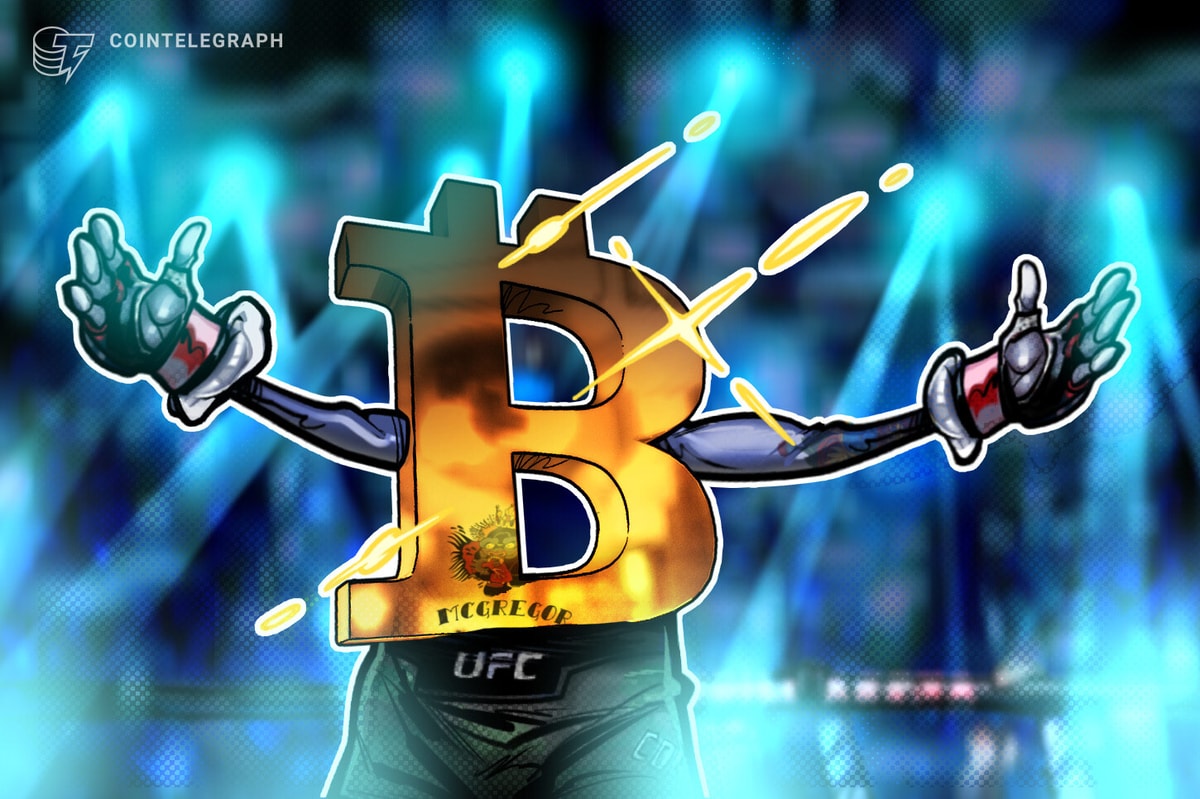Brazil’s Supreme Court has threatened to suspend Elon Musk’s X social media platform by Aug. 29, 2024, if the tech mogul does not appoint a legal liaison to represent the company in Brazil.
This development came nearly two weeks after X claimed that Supreme Court Judge Alexandre de Moraes threatened its legal representative in Brazil with arrest.
In response, the social media company announced on Aug. 17 it was closing its operations in Brazil but that the service would remain operational for all its Brazilian users.
The order from Moraes demanding that Musk appoint a representative. Source: STF
The months-long feud between Musk and Moraes
Earlier this year, Musk began criticizing Moraes, accusing him of taking “illegal” and surreptitious measures to force the tech entrepreneur into censoring the social media platform. Moraes claimed that X was allowing and promoting what he characterized as “misinformation” on the social media site.
According to reports, the main targets of the censorship efforts were supporters of former right-wing President Jair Bolsonaro, who lost a runoff election in 2022 to longtime left-wing politician Luiz Inácio Lula da Silva.
Source: X Government Affairs
Related: EU watchdog sues Elon Musk’s X over alleged AI data violations
Following the loss, Bolsonaro claimed the election was rigged in Lula’s favor. Despite his criticisms of the election process and statements to supporters, Bolsonaro begrudgingly accepted the results by signing the transition of power and leaving the country soon after.
However, in early 2023, supporters of Bolsonaro stormed government buildings in an apparent coup — demanding a reversal of the election results. Brazil’s Supreme Court and Moraes blamed Bolsonaro for the civil unrest, resulting in the court banning Bolsonaro from running for public office until 2030.
Supporters of Moraes and Lula claim the pair is defending democracy and upholding the rule of law. In contrast, Bolsonaro supporters continue to claim that the entirety of the government apparatus is corrupt, highlighting the sharp polarization in the deeply divided country.
Online censorship by governments comes into sharper focus
Claims of state censorship against online platforms came into sharper focus following the high-profile arrest of Telegram co-founder Pavel Durov in France.
The detainment of the tech executive drew widespread international criticism and demands for his release. In response to the backlash, French President Emmanual Macron claimed the arrest was not political.
French law enforcement authorities later released Durov but also charged the tech billionaire with being complicit in the alleged dissemination of illegal content online. Although Durov has been released from detention, he is not allowed to leave France and must report to law enforcement officials twice a week. Additionally, the Telegram founder was forced to post a bail bond of 5 million euros.
Magazine: The truth behind Cuba’s Bitcoin revolution: An on-the-ground report










